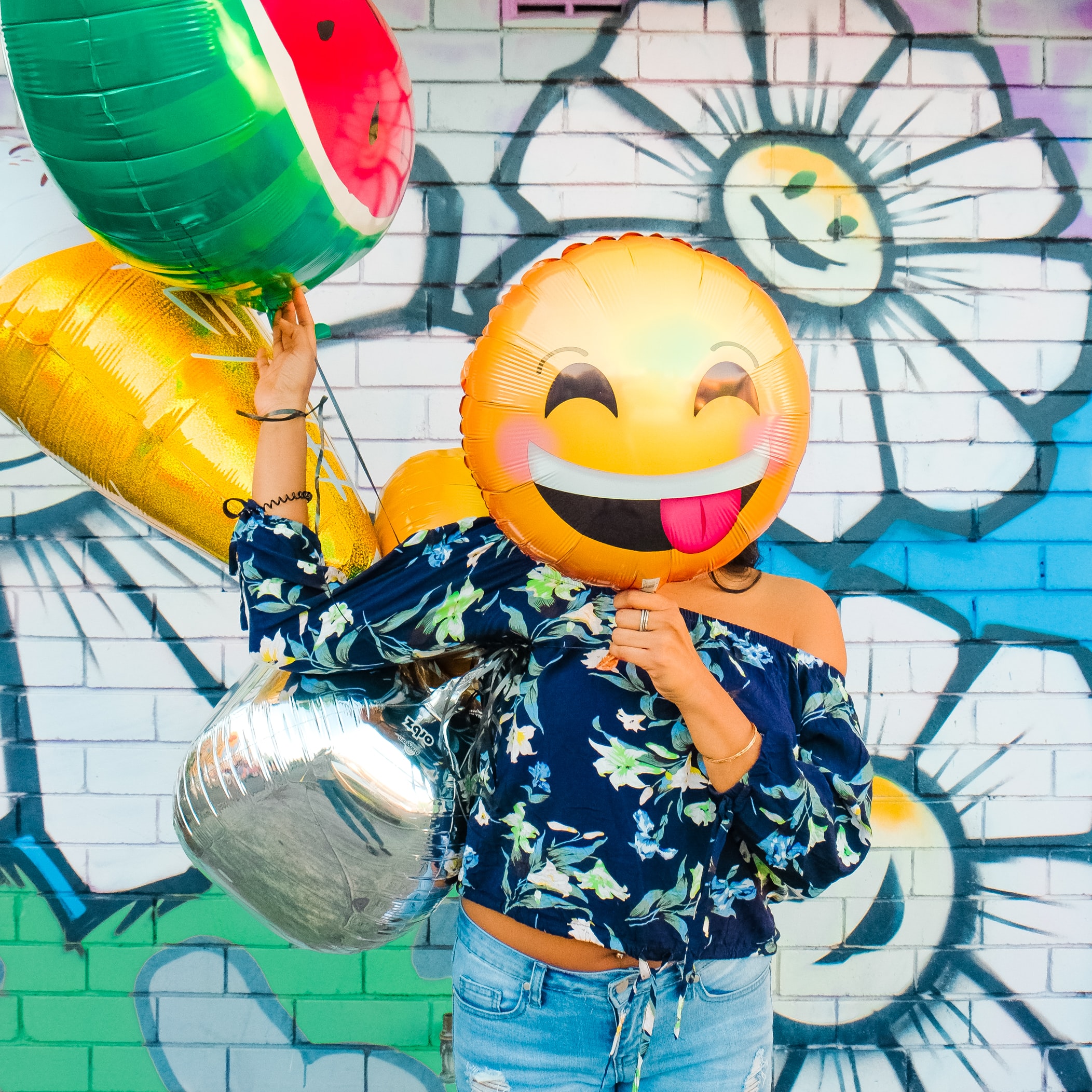That’s a pretty bold statement, Monsieur Some Gardens!
I found the quote in a gorgeous book, Buddhist Offerings 365 Days, Edited by Danielle and Olivier Follmi, and published by Thames and Hudson. Alongside of each days’ quote is a stunning photograph, and against this particular quote is a photo of a horse lying on its back, clearly enjoying a lovely back scratch in the dust.
So the message implicit here is that we can choose to be happy. Apparently so. I have even heard that it takes more muscle work to frown than to smile, so we may as well smile more. There is laughter therapy on offer as it’s meant to be so good for us, and to assume that ‘the grass is greener on the other side of the fence’ is a complete mental fabrication.
Our consumer oriented Western society takes the view that a new car, the iPhone 5, designer clothes and other such STUFF will make us happy. That’s called “miswanting” because no sooner do you buy yourself the iPhone 5 you just take it for granted and start yearning after the next new sexy thing on the billboards. You know it’s true!
We can practice being happy by looking at what we have and telling ourselves that we are lucky; lucky to be able to stroke the cat (SO therapeutic), walk in the sunshine, feel safe in our community. Some people are so afraid that they sell everything they have to pay a complete stranger for a leaky boat to transport them half way across the world, in the hope of a future for their children.
Some days you have might need an entire bar of chocolate, a good cry, or to be left alone in your room. Maybe your darling pet died, or even a friend, or family member. Maybe you didn’t do so well in an exam at school, or ‘failed’ your driving test. All these things are tough; really tough. But everything in life happens so that we can practice resilience and then grow stronger from it. Some such experiences can shape our futures, even though you might be wondering how the heck it’s ok for you to have to suffer in order to grow.
I guess what our French philosopher is saying is that we can practice and perfect the skill of happiness, and push through suffering once the grief or discomfort has subsided. What the horse in the photograph is doing is an instinctive practice that gives pleasure. Maybe the well worn saying about jumping straight back on the horse when it has thrown you off should be revised to; when you fall off the horse, have a good back rub in the dust before getting back on, and then smile a little.



